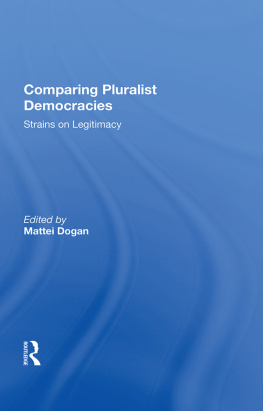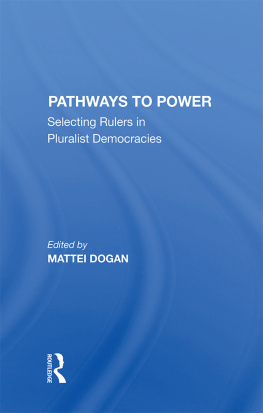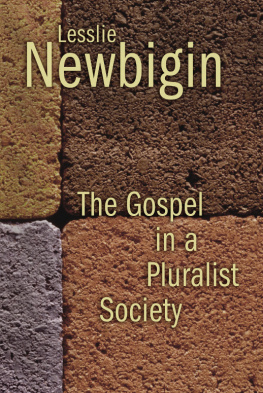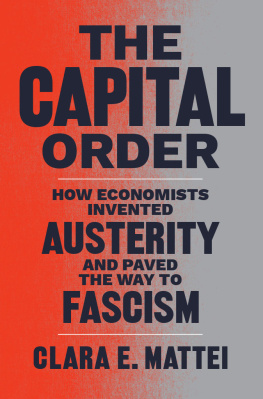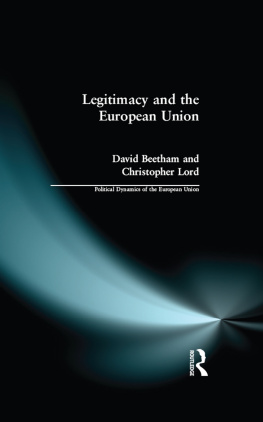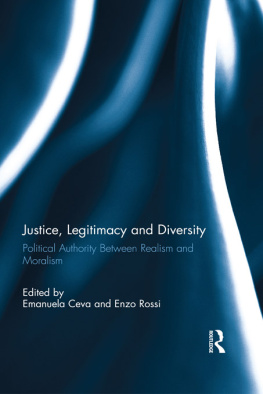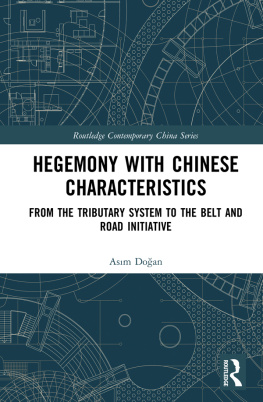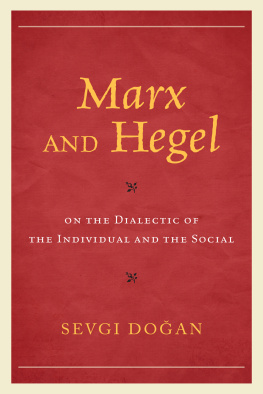Comparing Pluralist Democracies
NEW DIRECTIONS IN COMPARATIVE AND INTERNATIONAL POLITICS
Series Editors
Peter Merkl and Haruhiro Fukui
Comparing Pluralist Democracies: Strains on Legitimacy, edited by Mattei Dogan
No Farewell to Arms? Military Disengagement from Politics in Africa and Latin America, Claude E. Welch, Jr.
Comparing New Democracies: Transition and Consolidation in Mediterranean Europe and the Southern Cone, edited by Enrique Baloyra
The Rise and Fall of Italian Terrorism, Leonard Weinberg and William Lee Eubank
First published 1988 by Westview Press
Published 2018 by Routledge
52 Vanderbilt Avenue, New York, NY 10017
2 Park Square, Milton Park, Abingdon, Oxon OX14 4RN
Routledge is an imprint of the Taylor & Francis Group, an informa business
Copyright 1988 by Taylor & Francis
All rights reserved. No part of this book may be reprinted or reproduced or utilised in any form or by any electronic, mechanical, or other means, now known or hereafter invented, including photocopying and recording, or in any information storage or retrieval system, without permission in writing from the publishers.
Notice:
Product or corporate names may be trademarks or registered trademarks, and are used only for identification and explanation without intent to infringe.
Library of Congress Cataloging-in-Publication Data
Comparing pluralist democracies.
Bibliography: p.
Includes index.
1. Democracy. 2. Legitimacy of governments.
3. Pluralism (Social sciences) 4. Comparative
government. I. Dogan, Mattei.
JC423.C6661988321.887-8279
ISBN 0-8133-0451-2
ISBN 13: 978-0-367-00676-1 (hbk)
Contents
, Mattei Dogan
, Peter H. Merkl
, Juan J. Linz
, Max Kaase
, Ulrich Widmaier
, Jean Stoetzel
, Frederick C. Turner
, Mattei Dogan
, Richard Rose
Mattei Dogan
Guide
The first step of this book was an international conference in July 1985 at the Science Center, Berlin, organized under the joint auspices and support of the Science Center and UNESCO. Twenty-three scholars from eleven countries participated in the meetings. The present volume includes five of the papers presented at this conference, revised for publication, and four chapters prepared specifically for this book. I wish to thank professor Karl W. Deutsch, then director of the International Institute for Comparative Social Research (Wissenschaftszentrum, Berlin), for his generous help in promoting this book. I owe particular thanks to Megan L. Schoeck of Westview Press for her skillful editing.
Jean Stoetzel, author of and author of the first important publication based on the European Values Study, died in February 1987. This book is dedicated to his memory.
Mattei Dogan
Mattei Dogan
In this book, all chapters have a comparative approach; no one chapter deals with a single country. All chapters raise theoretical issues, but they do so by presenting a wealth of empirical data. All deal with the contemporary situation and use the most recent survey data available.
Within this comparative approach, the first question is the extent to which the advanced pluralist countries are similar or different. Like a mountaineer who perceives other mountain ranges only after achieving the summit, pluralist democracies appear similar or contrasting according to the position of the observer. If one compares the 30 advanced pluralist democracies to the 120 nondemocratic regimes, one sees the similarities among the pluralist democracies, what they have in common and what differentiates them as a group from the other countries. But if we consider only the pluralist democracies, we are in a better strategic position to perceive the differences among them. There is a wide range of diversity among pluralist democracies coexisting with basic similarities.
Obviously, many problems could be raised concerning the functioning of pluralist democracies, for instance, the decline of parliament everywhere except in the United States. However, only those issues related to the legitimacy of the political regime are discussed in this book.
Crises of Legitimacy
Legitimacy is a basic concept, used not only by social scientists but by politicians and by the man in the street. One of the clearest, albeit simple, definitions of legitimacy was given by Seymour Martin Lipset: the capacity of the system to engender and maintain the belief that the existing political institutions are the most appropriate ones for the society (Lipset 1981, 64). Juan Linz proposes, as a minimalist definition, the belief that in spite ).
Neither of these definitions includes any mention of how widespread these beliefs must be if the system as a whole is to be considered legitimate. One must remember that no political system is legitimate for 100 percent of the population, nor in all its commands or forever, and probably few are totally illegitimatebased only on coercion (Linz, ). If our criteria for legitimacy are too demanding, we could arrive at the paradoxical result that none of the pluralist democracies are considered legitimate by an overwhelming majority of the population. As nondemocratic regimes are largely illegitimate by definition, this would mean that no regime on earth is legitimate. In this case, the concept would be useless.
Max Webers seminal typology of legitimacytraditional, charismatic, and rational-legaltoday has only historical utility. Traditional legitimacy still exists only in a handful of countries, among them Saudi Arabia, Morocco, and some countries with fewer than 2 million inhabitants. Charismatic leadership appears today only in Iran, Libya, and perhaps Cuba. Rational-legal legitimacy is at the base of pluralist democracies, but a distinction must be made between legitimacy and legality. Valry Giscard dEstaing, elected by a majority of less than 1 percent, was perceived as a legal but not legitimate president by many Frenchmen when he concentrated too much power in his hands. When the socialist president Franois Mitterrand remained in power after the conservative victory in the legislative elections of March 1986, many of the French believed that he had the legal right to continue as president, but not a legitimate one. For many Austrians, Kurt Waldheim is a legal president more than a legitimate one. Legality could be the opposite of legitimacy.
Analyzing legitimacy over time presents further problems. Discussing the change of norms and values in post-World War II Germany, Ronald Rogowski invites us to recall the dilemma: What was once agreed, on good evidence, to be a profoundly authoritarian political culture has now shown itself capable of sustaining high support for democracy for over a generation. If the concept of political culture is to have any explanatory value at all, it must follow that the political culture has changed but if whole societies can be changed so drastically much of the power has gone out of the theory of political culture (Rogowski 1974, 1011). There are enormous differences between the beliefs of most Germans during the Weimar Republic, the Nazi regime, and the Bonn Republic. Surveys show fundamentally similar trends in all Western democracies. If the civic culture of a country can change so rapidly, it is not a reliable reference. In fact, in many European countries, this concept has never been widely accepted; it has not been accepted in France at all, where it has been considered merely a modern and more sophisticated version of the Psychologie des peuples of Gustave Le Bon and Gabriel Tarde.

